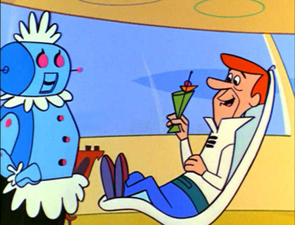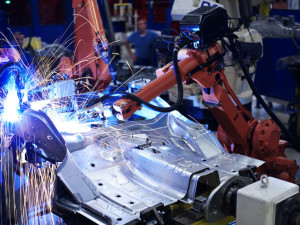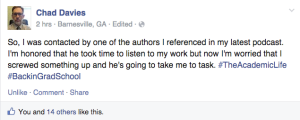When I was a kid, I thought when I grew up I might have a robot maid, just like Rosie on the Jetsons. But I am still waiting on that one. However, for a while now, I have been paying attention to how robots are changing our lives. As new technologies become smaller and more affordable, these machines are moving from the factory floor to our homes and communities.
For a long time, most robots were big and expensive. They did the tasks that are boring or dangerous for humans to do. A robot welder in a factory never gets tired or makes mistakes like a human welder does.
Now, robots are everywhere it seems. Where I live, agriculture is big business, and I expect that robots will soon transform the lives of the world’s farmers. This robot, being built in Australia, knows how to herd cows.
If you’ve ever tried to move cattle around, you know it is hard, and sometimes even dangerous work.
Another robot I really like is the robotic telepresence. This kind lets people visit another place seeing and moving through space such as a museum or school by using the robot.
Do you like 3-D printers? This is really a type of small robot that knows how to manufacture items through an additive process.
How about those cool quadcopters? Yep. Robot. Here’s a video a neighbor took of the town where I live.
My question to you is, if you could have any kind of robot in the world to help improve your life, what kind of robot would you get, and why? I can’t wait to hear about your dream robot!
(By the way, mine is a driverless car robot so I could sleep or do work during my morning commute!)





